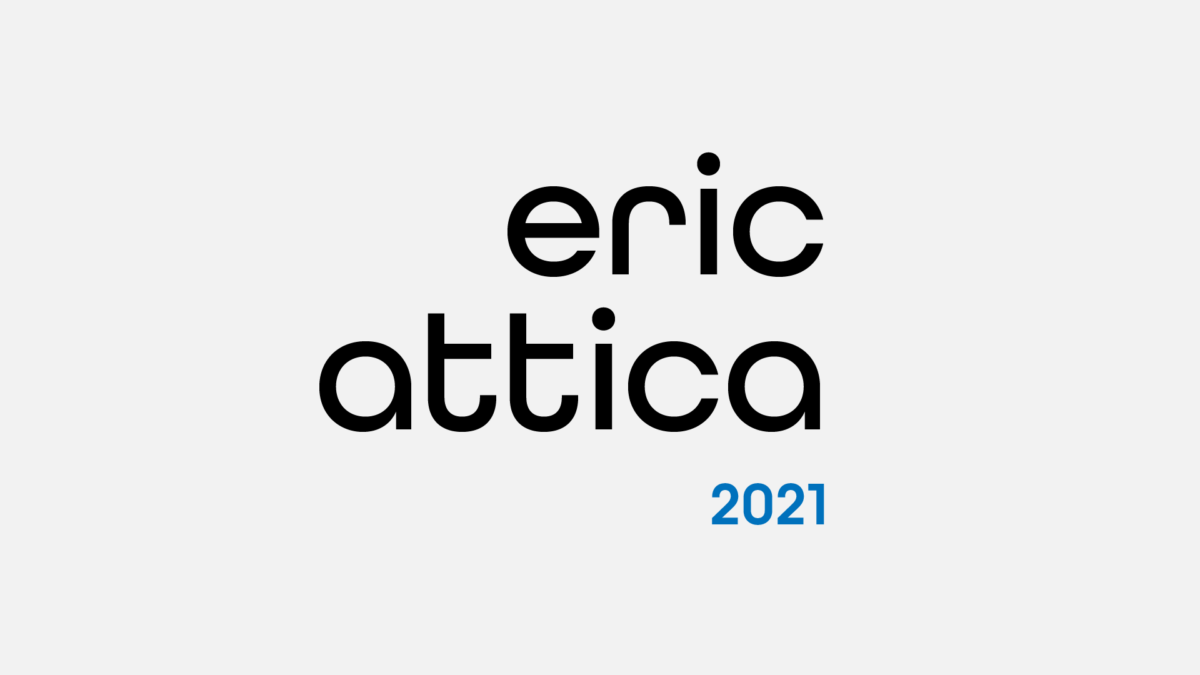What do eighteenth-century Russian tsars and Brigham Young University have in common? Presenting: the world’s very first beard card (above).
In 1698, Tsar Peter “the Great” launched a series of modernizing reforms, realizing that if Russia were to compete with Western European powers, they needed to cast off every custom that would prevent them from fitting in with their imperial neighbors–down to their old-fashioned facial hair. The beard ban was born. Nobles who wanted to keep their beards could purchase this token as a free pass to bear their hair in public without being forcibly shaved. The inscription on the front says “money taken”; the back features a Russian coat of arms and the year (the token had to be renewed annually–and heaven forbid losing weeks of delicate trimming if you were to forget to renew your expired beard token)!
Though the two eras’ beard restrictions differ in that Russia’s were a progressive step toward modern sensibilities in their own century–met with ire from the paying traditional nobles–while Brigham Young University’s were a conservative response to the aesthetic of anti-establishment 60s and 70s counterculture (and beard cards are granted for health, theatrical, or religious reasons, not to paying customers), the fact that today you can hold in your hands a beard pass with the same practical effect as old Peter the Great’s is a testament that nothing in history seems to be truly new. The great periods of development in history are called “Renaissance” (rebirth), or “Reformation”, or “Restoration”–all attempts to get back to some veiled golden age of the past.
This is why I enjoy old literature. It’s a special connection when something so old still resonates in today’s cultures, as if the author and I both know that we’re tapping into what it means to be human, independent of place or time. When Shakespeare’s Henry IV asks himself why he can’t sleep on his comfortable mattress with all of the thoughts weighing on his head, I know that exact feeling, four hundred years later! (I’d like to see a quiz show where contestants have to determine what era a quote is from. “You have power over your mind, not outside events. There is strength in knowing that.” Advice from a psychology book about maintaining an “internal locus of control”, or ancient Roman philosopher? “The race is not to the swift, nor the battle to the strong, neither yet bread to the wise, nor yet riches to men of understanding, nor yet favour to men of skill; but time and chance happeneth to them all; all go unto one place; all are of the dust, and all turn to dust again.” Twentieth-century absurdism, or the Old Testament? Two points to the ancients.)
That last Old Testament quote is drawn from the book of Ecclesiastes, which is keenly aware of this idea that nothing in history is truly new. In ironic fashion, the 80s song “No New Tale to Tell” simply recapitulates Ecclesiastes and seems to add a few stanzas of its own:
All the rivers run into the sea
Yet the sea is not full
Unto the place from whence the rivers come
Thither they return again
The thing that hath been
It is that which shall be
And that which is done
Is that which shall be done
And there is no new thing
Under the sun
(Eccl. 1:7, 9)
You cannot go against nature
Because when you do
Go against nature
It's part of nature too
Our little lives get complicated
It's a simple thing
Simple as a flower
And that's a complicated thing
No new tale to tell
No new tale to tell
(Love and Rockets)
We can learn a lot from those who came before. After all, they lived our very same lives–just in a different place and a different time.

